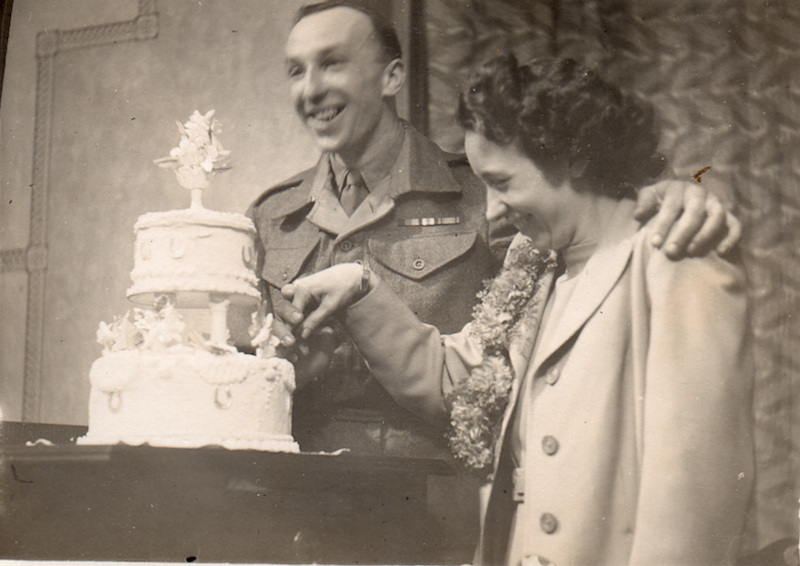by Chris Hughes
Chris Hughes is a graduate of the University of Salford and the University of Manchester, and a freelance political commentator, as the founder of alt-politics https://www.alt-politics.co.uk/. In this article, Chris Hughes reflects on the novel Love on the Dole, and the lives of his grandparents who were married at St Paul the Apostle Paddington in January 1946. The church, in the heart of Salford, also had a central role in their lives from childhood to adulthood.

I decided to re-read Love on the Dole, having recently read Tony Flynn’s Hanky Park (Neil Richardson publishers) and Roy Bullock’s Weaste and Seedley (Neil Richardson publishers). I am aware that many readers of The Modern Backdrop may well have read Love on The Dole, and may well have had a far more visceral and direct response than it is possible for me to have, and the novel may feel very close and personal to some readers of The Modern Backdrop. I am writing as someone in my late 30s, a generation far, far removed from Love on the Dole – a generation shaped by the transition from VHS to DVD and tapes to CDs; the arrival of the Internet (and its possible meltdown due to a fear of the millennium bug); the New Labour Government, and the shock of the terror attack of 9/11. However, that is not to say I have no personal connection to Love on the Dole. As I was reading it, I kept thinking that is my Nan & Grandad – that is their life story.
My Nan and Grandad (born 1915 and 1917 respectively) were born, grew-up in and lived in the Hanky Park, Langworthy, Seedley area. They were a slightly younger generation than Walter Greenwood (born 1903), but otherwise Walter Greenwood and my Grandad seem to have had almost identical backgrounds: both went to the local school on Langworthy Road; both had to leave school early because of the loss of their Father and subsequent need to support the family, and both supplemented the family income by working as a milk-roundsman’s lad. Frighteningly, given the bleakness and poverty depicted in Greenwood’s Love on the Dole, his generation were the “lucky” ones. Greenwood’s teens and 20s coincided with “The Roaring 20s”, whilst my grandparents experienced their teens and 20s during “The Great Depression of the 30s”.
Reading Tony Flynn’s Hanky Park – which did not flinch from providing an account of the grinding poverty, and avoided writing the past through the rose-tinted glasses of nostalgia – and Greenwood’s Love on the Dole should shed any dubious conceptions of “the good old days.” When asked what period in history I would like to go back to, I always respond with “some time in the future, with better tech, better houses and better living conditions.” I’ve always been perplexed by the romanticising of the past, which always seems to have been a time of greater misery and hardship. However, I am always struck with a sense of admiration for those who lived in the past. History is endlessly fascinating for cerebral study, but the past is something I would not want to experience.
I feel closer to my Nan and Granddad due to these books; and I feel I understand them better. Sadly, I cannot ask them for their own recollections, and I don’t have any of their own anecdotes to pass down to history. Hanky Park and old Salford are slipping into a very hazy past, and they should be eulogized for what they enabled for later generations but not as some glorious past – it was a time when life, itself, was precarious, nasty, brutish and short. However, it is from the hardships of those generations that we now have longer lives, spent in considerably longer periods of good health with a long period of pensioned retirement.